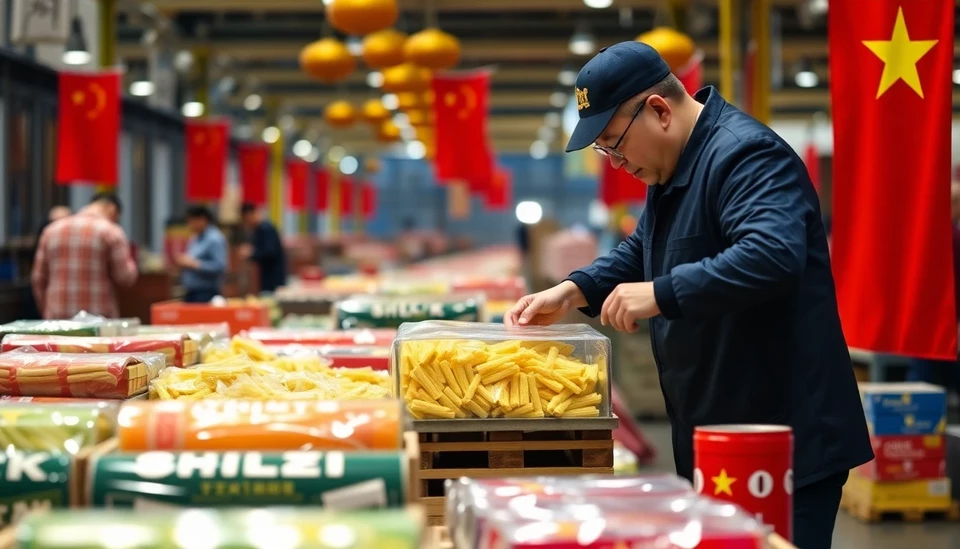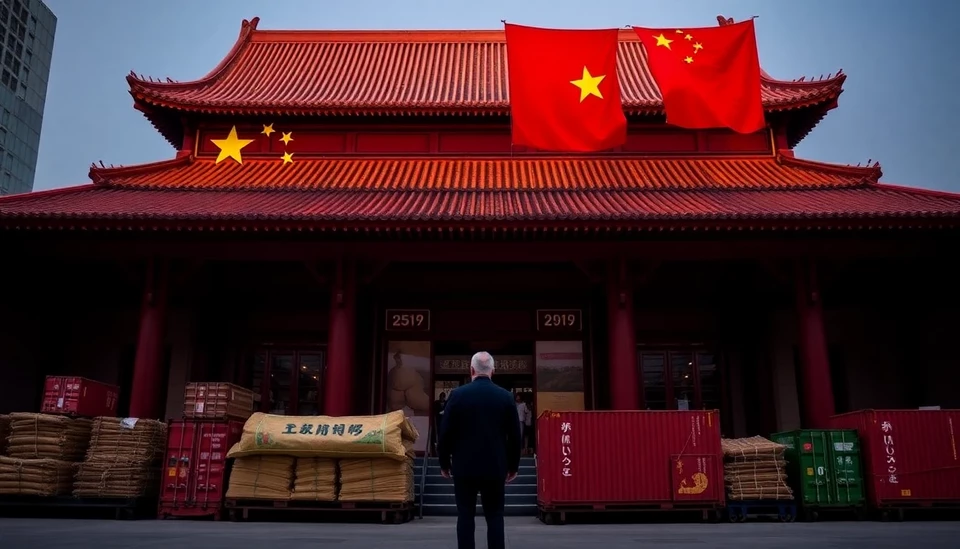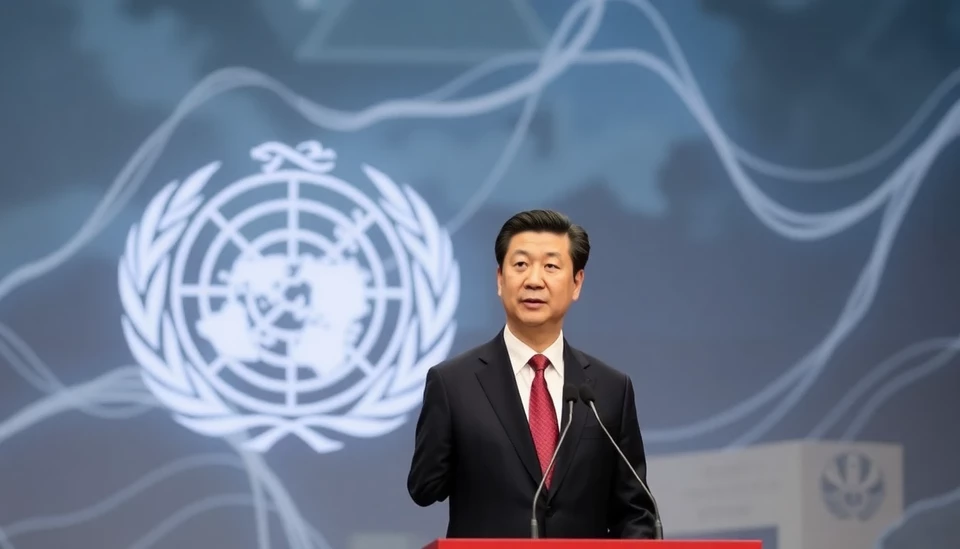
Recent reports indicate a significant dip in China’s imports of various commodities, with the exception of barrelling oil, as the nation grapples with ongoing trade issues. The shift in import trends has raised concerns among economists and industry observers about the broader implications for global markets and China's economic resilience.
In the first quarter of 2025, China's commodity imports have recorded a notable contraction, reflecting the impact of escalating trade tensions and ongoing supply chain disruptions. According to data from the General Administration of Customs, several key commodities have seen reductions in their import volumes, posing questions about the future demand within the world's second-largest economy.
One of the most striking aspects of this report is the resilience of oil imports amid the downward trend in other commodities. China's oil imports have managed to hold steady, making it a critical lifeline for the country amidst its trade woes. Analysts suggest that this steadiness could be attributed to China's strategic efforts to bolster its energy reserves in face of fluctuating global oil prices and geopolitical uncertainties.
The contraction in imports is not just limited to oil. The data points to a decline in purchases of metals and agricultural products, which are pivotal for both manufacturing and food security in China. This decline can be largely explained by the tightening of local demand, compounded by a sluggish manufacturing sector facing its own set of challenges, including lower consumer spending and decreased industrial output.
Industry experts warn that sustained declines in commodity imports could lead to broader economic repercussions. A decrease in imports signifies weaker domestic consumption and could lead to a slowdown in industrial production, which is a critical component of China's growth. The ripple effects might not only impact suppliers and trading partners but could also constrict global commodity prices, given China's role as one of the largest consumers of these goods.
The ongoing trade disputes, particularly with major economies including the United States and Australia, also cannot be overlooked. Trade barriers and tariffs have affected China's ability to procure various commodities efficiently, leading to increased costs and supply chain complications. Moreover, existing geopolitical tensions are further complicating trade routes and partnerships, further threatening the stability of imports.
Looking forward, analysts suggest that China may need to adjust its strategies to navigate these complexities. Whether through diversifying its import sources, investing in domestic production capabilities, or enhancing economic cooperation with other nations, the path forward will require agility and foresight to mitigate the effects of these trade challenges.
As nations around the globe watch closely, the implications of China's shifting commodity import landscape could resonate across multiple industries, highlighting the interconnectedness of global trade and economics.
#China #Commodities #Trade #Economy #OilImports #GlobalMarket #SupplyChain
Author: Victoria Adams




